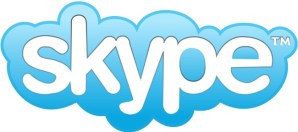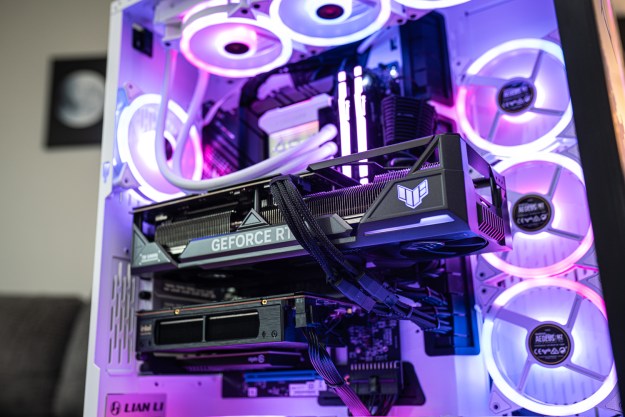 Facebook and Google are reportedly courting VoIP provider Skype for some kind of partnership, according to multiple unnamed sources speaking to Reuters. One anonymous tipster suggests that Mark Zuckerberg is considering an acquisition of the Luxembourg-based company while another reveals that both Facebook and Google have had discussions about a possible joint venture with Skype.
Facebook and Google are reportedly courting VoIP provider Skype for some kind of partnership, according to multiple unnamed sources speaking to Reuters. One anonymous tipster suggests that Mark Zuckerberg is considering an acquisition of the Luxembourg-based company while another reveals that both Facebook and Google have had discussions about a possible joint venture with Skype.
The VoIP service registered last summer to go public, but the arrival of new CEO Tony Bates in October pushed the IPO plan back to the latter part of 2011. Skype launched in August 2003, and so has a lead on many of the other competitors out there, including Google Voice. That said, the company’s VoIP dominance has slipped; while Skype remains the best bet if you’re out for international or domestic video conferencing, Google’s own offering trumps it in just about every other area, from features to pricing to device compatibility.
A Facebook/Skype partnership probably makes the most sense. Both companies are sustained by their large user communities, though one source notes to Reuters that neither has a proven revenue model. While Skype offers free services to a limited extent, the business is largely powered by monthly subscriptions and pay-per-use phone credit purchases. Skype-to-Skype communication is free, but those who wish to use VoIP as their phone service must pay for it.
Facebook, on the other hand, generates dollars largely through ad placement on the social network and fees charged to app developers. The key area of crossover between the two companies is their large user bases; each offers services that the other lacks (for the most part), and so a melding of the two would bolster both.
Editors' Recommendations
- Reddit seals $60M deal with Google to boost AI tools, report claims
- The best VoIP services for small businesses for 2022
- RingCentral offers 3 free months of VoIP to organizations impacted by Coronavirus


